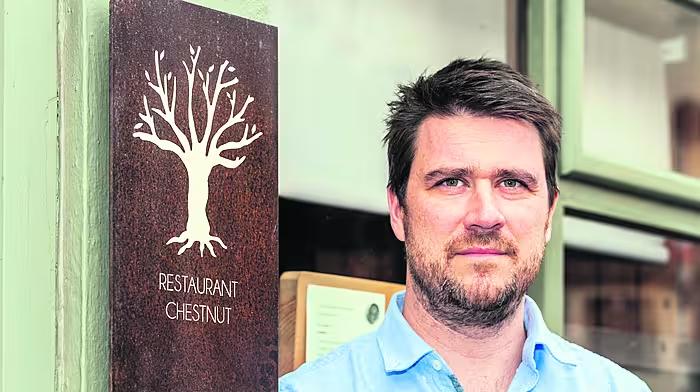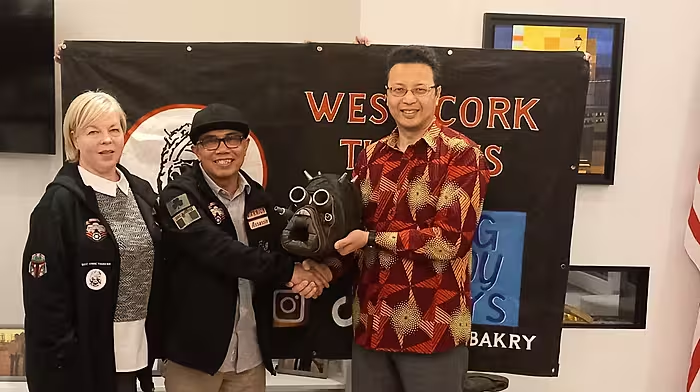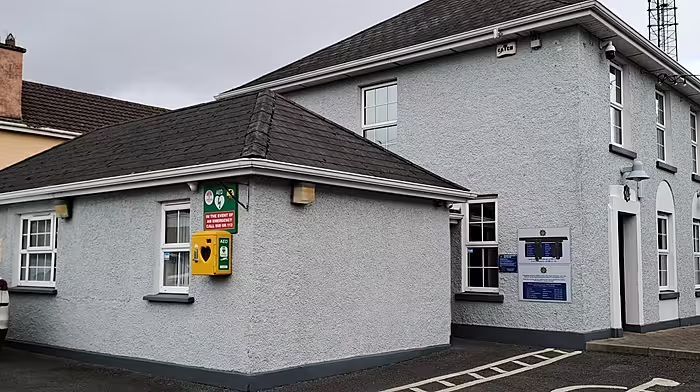Having brought down the Northern Ireland Assembly in January, Sinn Féin reaped the dividend of doing so in last week’s election, coming from a position of having 10 seats less than the Democratic Unionist Party (DUP) to just one seat less than them now, albeit the number of seats in the new Assembly has been reduced from 108 to 90.
HAVING brought down the Northern Ireland Assembly in January, Sinn Féin reaped the dividend of doing so in last week’s election, coming from a position of having 10 seats less than the Democratic Unionist Party (DUP) to just one seat less than them now, albeit the number of seats in the new Assembly has been reduced from 108 to 90. With the DUP still marginally the party with the largest number of seats, it will lead the new power-sharing government in the North, but the big question is: who will the First Minister be?
Traditionally, it is the party leader, but will the DUP stick with Arlene Foster? Her arrogance in refusing to step aside from her role for a few weeks while an inquiry was carried out into the costly Renewable Heat Incentive (RHI), dubbed the ‘Cash for Ash’ scheme, led to Sinn Féin’s former leader in the North, Martin McGuinness, resigning as Deputy First Minister, thereby triggering an election that nobody seemed to want only eight months into the Assembly’s five-year term of office. If Ms Foster, as she still maintains, had nothing to fear from such an inquiry, she could have stepped aside temporarily, as her predecessor Peter Robinson had done previously regarding another matter.
Her intransigence, which saw what she prophetically described as a ‘brutal’ election being triggered, has led to electoral damage for the DUP and, while there will be an outward show of unity, her judgement will inevitably be called into question behind the scenes. Saving her some face was that the opposition Ulster Unionist Party (UUP) fared worse, relatively speaking, which strengthened the DUP’s hand as the main unionist party in the North.
However, Sinn Féin can hardly go into power now with Arlene Foster as DUP leader without the called-for RHI inquiry taking place first, seeing that was why they precipitated the election in the first place. Under new leader Michelle O’Neill, they got out the nationalist vote and came very close to becoming the party with the largest number of seats, but there are a lot of hurdles to be overcome before Sinn Féin can go back into a power-sharing government with the DUP.
The British Government’s Northern Ireland Secretary James Brokenshire is far too optimistic hoping that a deal can be done within three weeks of the election. In spite of the urgency of the situation, with Brexit looming, expect the political brinksmanship up North to continue for a while yet.







